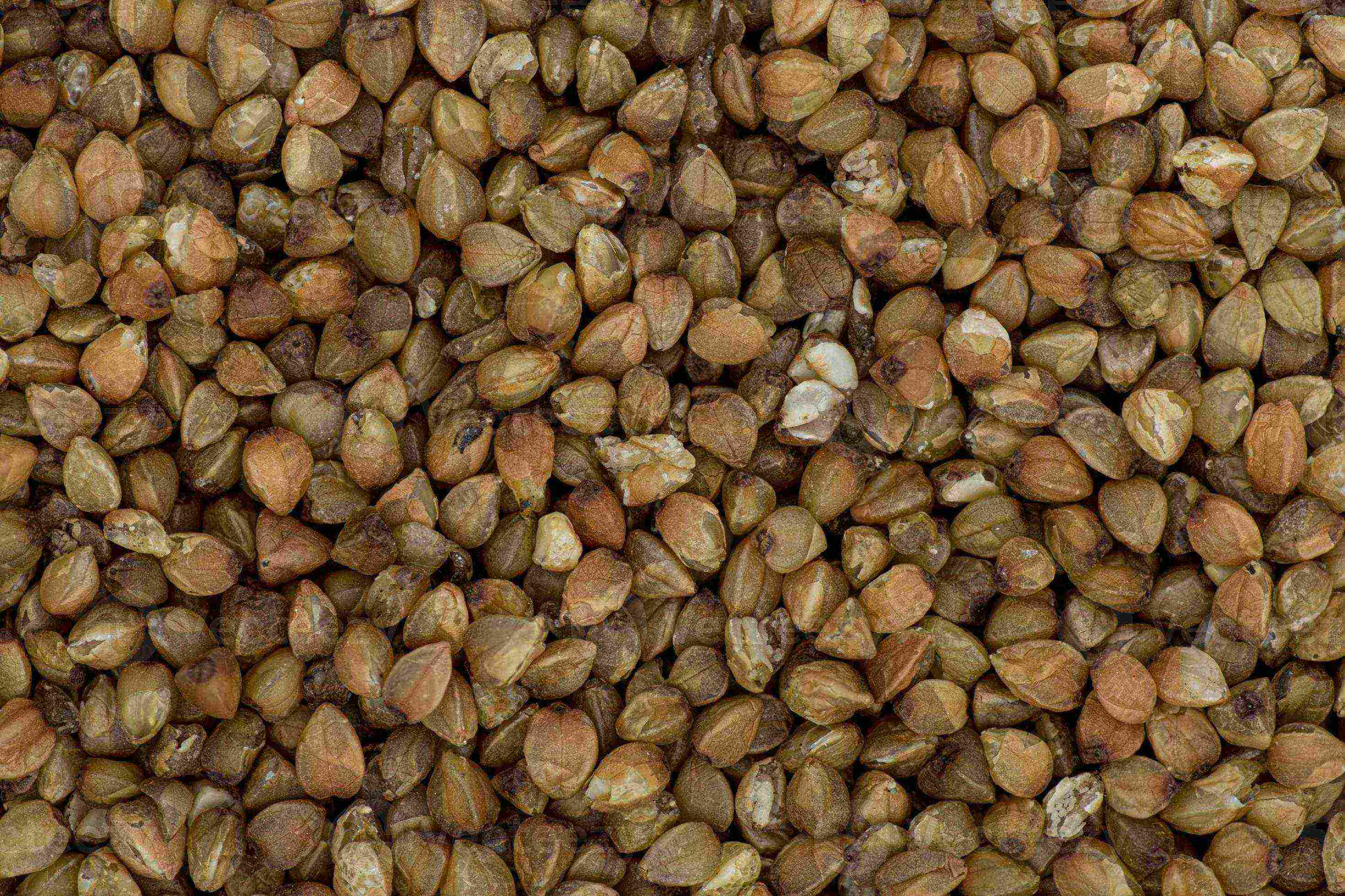
Buckwheat is a versatile grain-like seed that has been gaining popularity in recent years for its numerous health benefits and unique flavor. Despite its name, buckwheat is not actually a type of wheat, but rather a fruit seed related to rhubarb and sorrel. This gluten-free grain substitute is becoming increasingly popular among health-conscious individuals due to its high nutritional value and potential for various culinary applications.
In this article, we will explore 12 fascinating facts about buckwheat, delving into its history, nutritional profile, health benefits, and culinary uses. From its ancient origins to its prominent role in different cuisines around the world, we will uncover the secrets of this grain-like seed that has captured the attention of food enthusiasts and health seekers alike.
Key Takeaways:
- Buckwheat is a gluten-free seed, not a grain, packed with nutrients that promote heart health, blood sugar control, and digestive health. It’s a versatile ingredient for delicious and nutritious meals.
- Buckwheat is an eco-friendly, antioxidant-rich superfood that supports brain health and weight management. It’s used in traditional medicine and offers a wide range of health benefits for a tasty and nutritious diet.
Buckwheat is Not a Grain
Contrary to popular belief, buckwheat is not a cereal grain, but actually a seed. It belongs to the family of pseudo cereals and is closely related to rhubarb and sorrel.
Gluten-Free Superfood
For those with gluten intolerance or celiac disease, buckwheat is an excellent alternative. It is naturally gluten-free, making it a great option for including in gluten-free diets.
Nutrient Powerhouse
Buckwheat is packed with essential nutrients, including fiber, protein, vitamins, and minerals. It is particularly high in manganese, copper, magnesium, and phosphorus.
Promotes Heart Health
Buckwheat is known to have heart-healthy properties. It contains flavonoids, such as rutin, which help lower LDL cholesterol levels and reduce the risk of cardiovascular diseases.
Improves Blood Sugar Control
The complex carbohydrates found in buckwheat are slowly digested, resulting in a gradual rise in blood sugar levels. This makes it a suitable choice for individuals with type 2 diabetes or those looking to maintain stable blood sugar levels.
Enhances Digestive Health
Buckwheat is an excellent source of dietary fiber, which promotes a healthy digestive system. It aids in regular bowel movements and can prevent constipation.
Versatile Culinary Ingredient
Buckwheat can be utilized in various forms, ranging from its whole grain form to flour and noodles. It adds a nutty flavor and unique texture to dishes like porridge, pancakes, and soba noodles.
Helps with Weight Management
Due to its high fiber content, buckwheat promotes feelings of fullness and satiety. Including it in your meals can help control appetite and assist in weight management.
Contains Antioxidants
Buckwheat is rich in antioxidants, which protect the body against oxidative stress and reduce the risk of chronic diseases, including cancer and heart disease.
Supportive of Brain Health
The presence of antioxidants and anti-inflammatory compounds in buckwheat supports brain health and may help reduce the risk of cognitive decline and neurodegenerative disorders.
Eco-Friendly Crop
Buckwheat is a resilient plant that requires fewer pesticides and fertilizers compared to other crops. It also has a short growing period, making it an environmentally friendly choice.
Used in Traditional Medicine
In several cultures, buckwheat is used in traditional medicine to treat various ailments, including hypertension, diarrhea, and coughs. It is believed to have anti-inflammatory and diuretic properties.
These 12 facts about buckwheat highlight its incredible nutritional profile and wide range of health benefits. Whether you are looking to diversify your diet, manage a specific condition, or simply experiment with new ingredients, adding buckwheat to your meals can be a tasty and nutritious choice.
Conclusion
After learning these 12 fascinating facts about buckwheat, it’s clear that this versatile grain has a lot to offer. From its rich nutritional profile to its wide range of culinary uses, buckwheat is a highly underrated ingredient that deserves more attention. Whether you’re looking to add some variety to your meals or explore new flavors and textures, incorporating buckwheat into your diet is definitely worth considering. So why not give it a try and discover the many benefits this amazing grain has to offer?
FAQs
1. Is buckwheat gluten-free?
Yes, buckwheat is naturally gluten-free. It is a great alternative for those with gluten sensitivities or celiac disease.
2. How do I cook buckwheat?
Cooking buckwheat is simple. Just combine one part buckwheat with two parts water, bring to a boil, then simmer for about 15-20 minutes or until tender. Fluff with a fork before serving.
3. Can buckwheat be used in baking?
Absolutely! Buckwheat flour can be used in a variety of baked goods, including pancakes, bread, cookies, and muffins. Experiment with different recipes to explore its unique flavor and texture.
4. Is buckwheat a good source of nutrients?
Yes, buckwheat is packed with nutrients. It is a good source of fiber, protein, vitamins, and minerals, making it a nutritious addition to any diet.
5. Does buckwheat have any health benefits?
Yes, buckwheat has several health benefits. It can help lower blood pressure, improve digestion, support heart health, and manage diabetes, among other benefits.
Buckwheat's impressive nutritional profile and versatility make this pseudocereal a pantry staple. Curious cooks can explore buckwheat noodles, a gluten-free alternative packed with flavor. Soba, another buckwheat-based delight, offers unique textures and tastes in Japanese cuisine. Incorporating buckwheat into your diet is easy, especially when paired with the right yoga accessories to enhance your wellness journey.
Was this page helpful?
Our commitment to delivering trustworthy and engaging content is at the heart of what we do. Each fact on our site is contributed by real users like you, bringing a wealth of diverse insights and information. To ensure the highest standards of accuracy and reliability, our dedicated editors meticulously review each submission. This process guarantees that the facts we share are not only fascinating but also credible. Trust in our commitment to quality and authenticity as you explore and learn with us.
